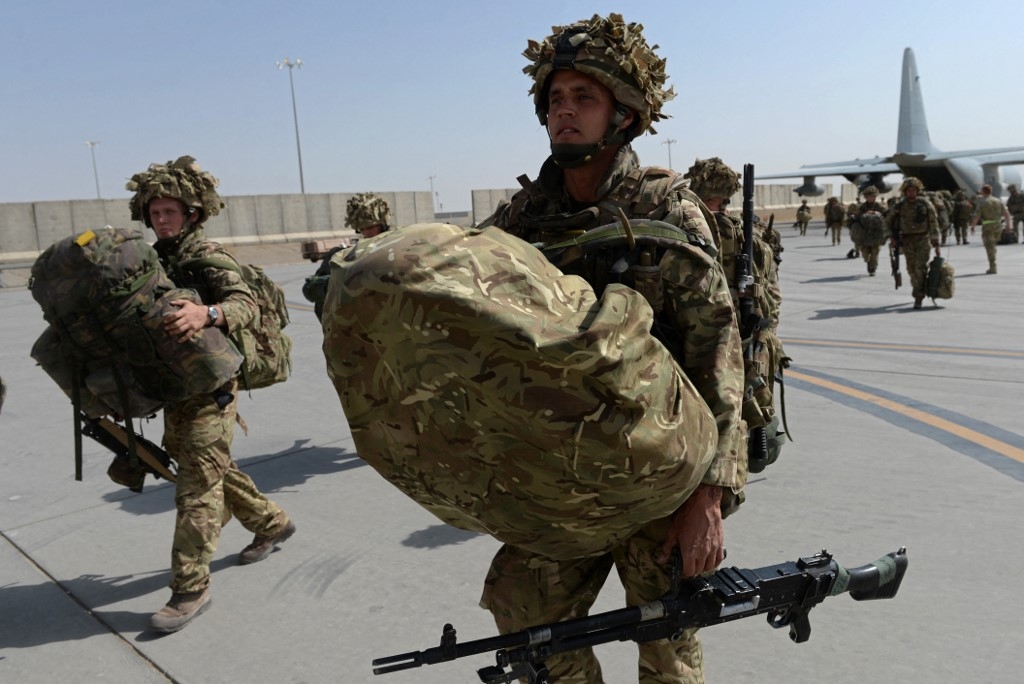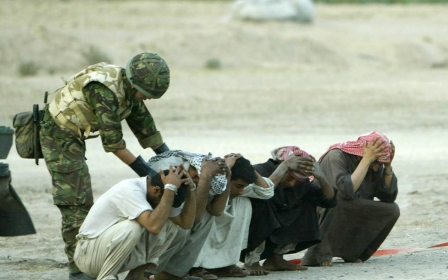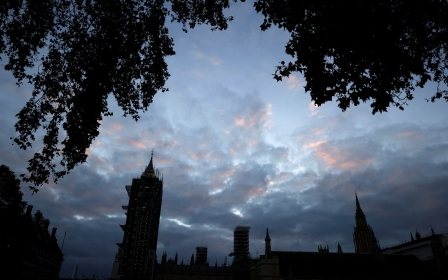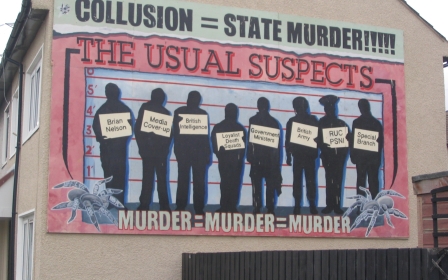UK to remove provision shielding troops from war crime charges in new bill

The British government is planning to shelve plans to shield its armed forces from prosecution for a swathe of serious crimes including torture, murder, war crimes and genocide.
A climb-down is expected to take place on Wednesday as its controversial Overseas Operations Bill reaches its final stages in the UK parliament's lower house, the Commons.
The move comes after the proposals faced stiff opposition in the upper house, the Lords, and were condemned by human rights groups, senior retired army officers and former military prosecutors.
'Excluded offences... will be expanded to include torture, genocide and crimes against humanity'
- UK defence ministry
They warned that plans to introduce a "presumption against" prosecution and a five-year time limit would encourage other countries to introduce laws to protect their own armed forces from prosecution for human rights abuses.
The Sri Lankan government has said it is considering introducing new legislation based upon the UK's Overseas Operations Bill.
New MEE newsletter: Jerusalem Dispatch
Sign up to get the latest insights and analysis on Israel-Palestine, alongside Turkey Unpacked and other MEE newsletters
There have also been warning that attempts to protect UK service personnel through domestic legislation would increase the chances of some appearing before the International Criminal Court at the Hague.
Removing war crime protections
British troops faced accusations of murder and rape following the 2003 invasion of Iraq, and a number of Iraqi detainees died in British military custody.
Many of the complaints lodged against British personnel were against specialist military interrogators from the UK’s army, navy and air force.
There have also been allegations raised in the UK courts that the British army has operated "death squads" in Afghanistan, claims that appear to be supported by email exchanges among soldiers.
On Wednesday, the government will amend its Bill, probably in line with an amendment tabled at the Lords by George Robertson, a former UK defence secretary and Nato secretary-general. The Lords voted overwhelmingly to back this amendment, removing torture, war crimes and genocide from the provisions of the Bill.
In a statement, a UK Ministry of Defence spokesperson said: "Whilst nothing in this Bill prevents those accused of breaking the law from being prosecuted, we have listened to concerns, and in order to send a powerful message to the international community, amendments will be made to the Overseas Operations Bill.
"Excluded offences in part one of the Bill will be expanded to include torture, genocide and crimes against humanity."
Rape and other sexual offences were already excluded from the provisions of the Bill.
Later on Tuesday, Johnny Mercer, the junior defence minister who was trying to steer the Bill through parliament, announced his resignation.
Mercer claimed that he was doing so because its provisions had not been extended to Northern Ireland, although the Bill is named the Overseas Operations Bill and Northern Ireland is part of the UK.
Mercer, a former captain in the British army, had fiercely defended the proposal to shield British soldiers from prosecution for torture, war crimes and genocide.
Middle East Eye delivers independent and unrivalled coverage and analysis of the Middle East, North Africa and beyond. To learn more about republishing this content and the associated fees, please fill out this form. More about MEE can be found here.





